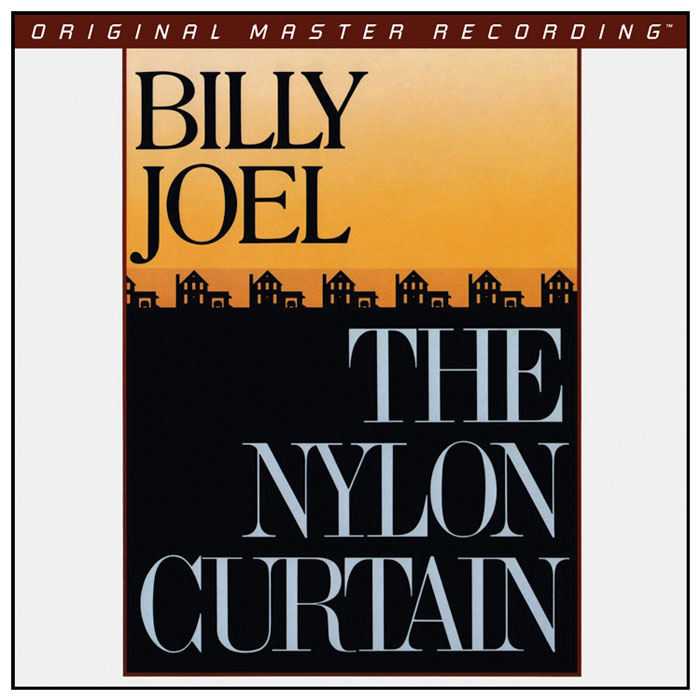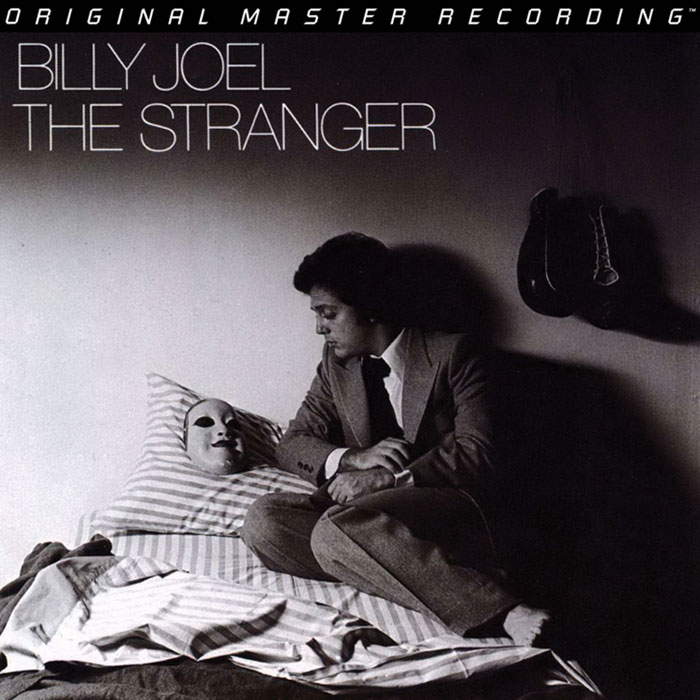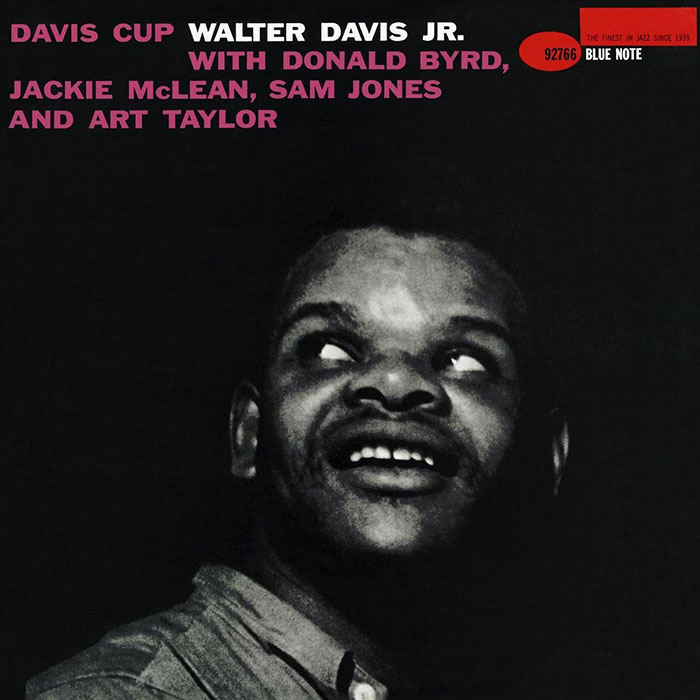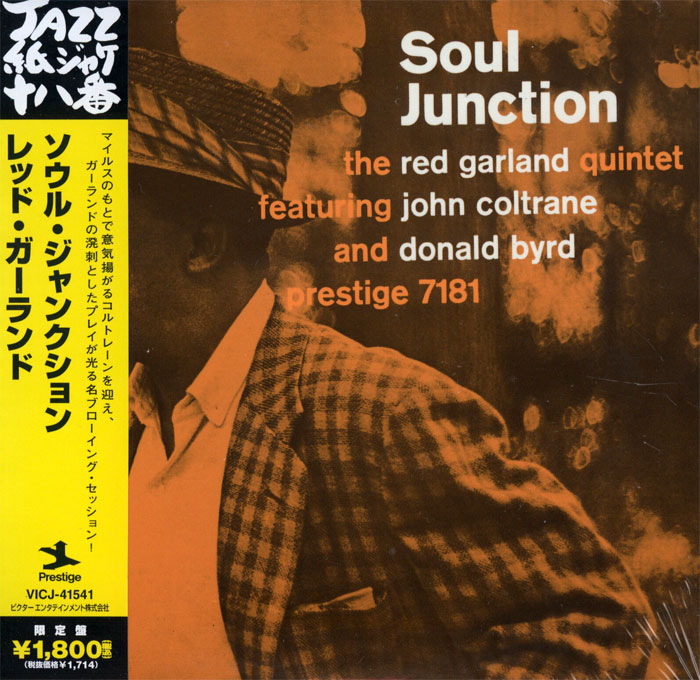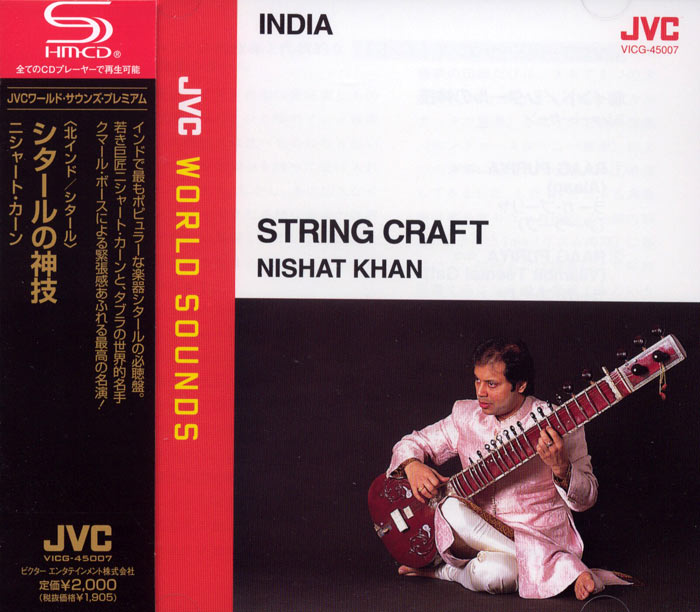Logowanie
OSTATNI taki wybór na świecie
Nancy Wilson, Peggy Lee, Bobby Darin, Julie London, Dinah Washington, Ella Fitzgerald, Lou Rawls
Diamond Voices of the Fifties - vol. 2
Tylko 1000 egzemplarzy!!!
DVORAK, BEETHOVEN, Boris Koutzen, Royal Classic Symphonica
Symfonie nr. 9 / Wellingtons Sieg Op.91
nowa seria: Nature and Music - nagranie w pełni analogowe
Petra Rosa, Eddie C.
Celebrating the art and spirit of music - vol. 3 - Pure
warm sophisticated voice...
Peggy Lee, Doris Day, Julie London, Dinah Shore, Dakota Station
Diamond Voices of the fifthies
Tylko 1000 egzemplarzy!!!
SAMPLER - STS DIGITAL, Buddy Tate, Milt Buckner, Walace Bishop
Jazz Masters - Legendary Jazz Recordings - v. 1
proszę pokazać mi drugą taką płytę na świecie!
Chesky! Niezmiennie perfekcyjny
Winylowy niezbędnik
ClearAudio
Double Matrix Professional - Sonic
najbardziej inteligentna i skuteczna pralka do płyt winylowych wszelkiego typu - całkowicie automatyczna
Billy Joel
The Nylon Curtain
Legendary Singer-Songwriter Channels John Lennon on Musically Ambitious and Socially Poignant Baby Boomer-Themed Set Mobile Fidelity Edition Broadens Expanse of Orchestral Arrangements, Sweep of Melodic Breadth, and Microdynamic Reach Multi-Platinum 1982 Song Cycle Includes “Allentown,” “Laura,” “Pressure,” “Goodnight Saigon” Joel's Piano Man, Turnstiles, 52nd Street, The Stranger, Glass Houses, Songs In the Attic, and An Innocent Man Also Available on Hybrid SACD. Having triumphantly asserted himself as a take-no-mess singer-songwriter on 1980’s hard-rocking Glass Houses, Billy Joel continues to push his creative impulses on The Nylon Curtain, a fascinating song cycle that pays tribute to John Lennon and stands as the most ambitious project of his career. Enriched by sweeping orchestral arrangements and socially conscious lyrics, the 1982 set addresses unemployment, war, and realities of the Reagan era with exacting precision. Insightful and clever, the album’s Baby Boomer-themed narratives continue to resonate. A requisite piece of Mobile Fidelity’s Billy Joel catalog restoration series, The Nylon Curtain is mastered from the original master tapes and made available on fully transparent hybrid SACD. The myriad nuances amidst Phil Ramone’s crisp production assume greater tonality, texture, and detail. What was a very good-sounding album is now an audiophile-caliber favorite, with transparency, clarity, and microdynamics enhancing the poignant connection between Joel’s expressiveness and the listener’s emotions. The Nylon Curtain is now an even more personal experience, a brilliant distillation of sadness, loss, hope, and anger. Harnessing concerns, obsessions, reflections, and feelings that consumed a majority of the Baby Boomer generation near the beginning of the Reagan Era, Joel delves into job loss (“Allentown”), wartime fallout (“Goodbye Saigon”), and, of course, romantic longing (“She’s Right on Time”). Rather than take a long-view perspective, Joel gets up and close to the issues, infusing the fare with a mix of sadness, frustration, cautious optimism, and moodiness that he wears on his sleeve. Joel’s melodies, too, ricochet with unmistakably personal sentiment, as he constructs arrangements in tribute to Lennon, whose ghost arises on pieces like “Scandinavian Skies” and “Laura.” Pop culture author Chuck Klosterman addresses the Beatles link and The Nylon Curtain’s timeless appeal in Sex, Drugs, and Cocoa Puffs, writing: “’Laura’ and ‘Where’s the Orchestra’ really are as good as what’s on The White Album. This is because the first song says things so directly that its words shouldn’t make sense to anyone else (and yet they do), while the latter is so metaphorically vague that anybody should be able to understand what he’s implying.” But relate and understand audiences do: The Nylon Curtain remains a pop marvel, introspective juggernaut, and finally, courtesy of Mobile Fidelity, a sonic landmark. Joel’s anguish, regrets, sorrow, and worries transcend both tastes and time. Somewhat underappreciated upon its original release, the 55-minute effort is now regarded as a conceptual masterpiece.





























